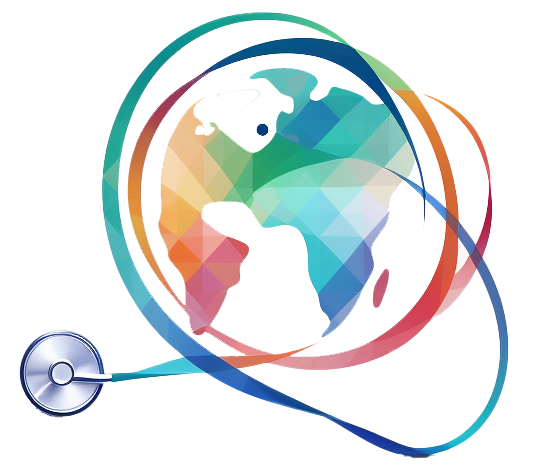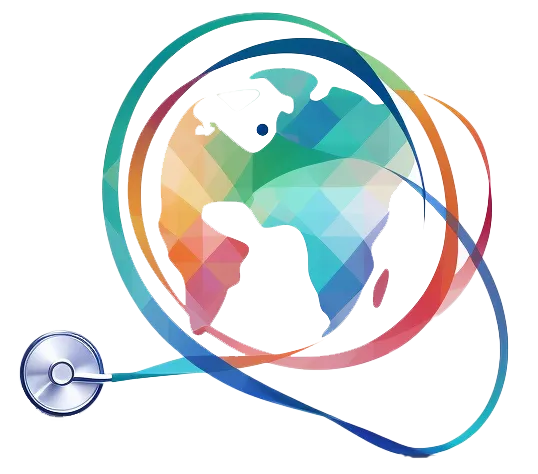Introduction
In the modern era, technology’s tendrils have wrapped around every conceivable domain, including our health. The fusion of cutting-edge tech with medical sciences has ushered in a renaissance in healthcare, manifesting in improved patient outcomes, enhanced diagnostic capabilities, and more personalized treatments. Here’s a deep dive into how technology is revolutionizing our health.
1. Wearable Health Tech
A New Age of Monitoring
From Fitbits to glucose-monitoring patches, wearable health tech empowers individuals to monitor their vital stats in real-time.
Impacts of Wearables
- Self-awareness: Encourages users to be proactive about their health.
- Data Collection: Provides a trove of health data for medical professionals.
- Emergency Alerts: Some wearables detect abnormalities and alert users or medical providers.
2. Telehealth & Remote Consultations
Redefining Patient-Doctor Interactions
No longer constrained by geographical boundaries, patients can now consult with specialists across the globe.
Advantages of Telehealth
- Accessibility: Brings specialist care to remote regions.
- Safety: Reduces exposure to hospital-acquired infections.
- Convenience: Eliminates travel and waiting times.
3. Robotics in Surgery
Precision Beyond Human Capabilities
Robotic arms and tools, guided by surgeons, are now performing complex surgeries with unparalleled precision.
How Robotics Enhance Surgeries
- Minimally Invasive: Smaller incisions mean faster recovery.
- Reduced Human Error: Offers greater stability and precision.
- Complex Procedures: Enables surgeries previously deemed too risky.
4. AI and Machine Learning in Diagnostics
The Diagnostic Revolution
AI algorithms are now trained to detect and diagnose diseases, from cancerous tumors to rare genetic conditions.
AI in Action
- Radiology: AI identifies patterns missed by the human eye.
- Predictive Analysis: Forecasts patient health trends based on data.
- Treatment Suggestions: AI recommends treatments based on vast medical databases.
5. 3D Printing in Prosthetics and Organ Transplants
Customization at its Best
3D printing is now used to create tailored prosthetics, and there’s ongoing research on bio-printing organs for transplants.
Benefits of 3D Printing in Medicine
- Personalized Care: Prosthetics fit perfectly and perform better.
- Cost-Effective: Reduces manufacturing and logistics costs.
- Research & Development: Facilitates the study of organs and complex body systems.
Conclusion
Tech-infused healing is no longer a futuristic concept; it’s our present reality. As technology and healthcare continue to intertwine, the promise is clear: a world where medical care is more efficient, effective, and personalized than ever before. This convergence of fields beckons a brighter future for global health, replete with innovations that promise to extend and enhance human life.

